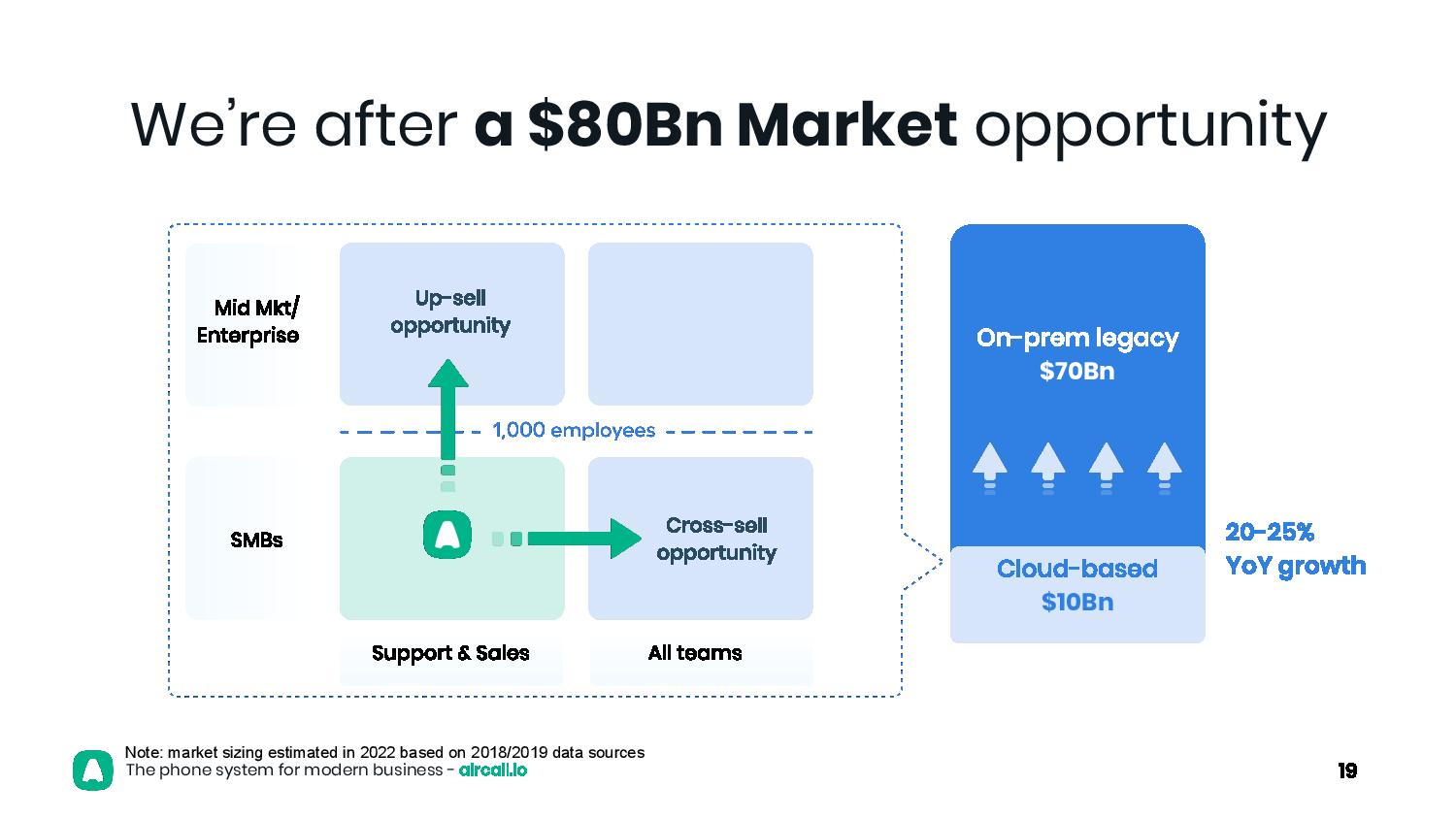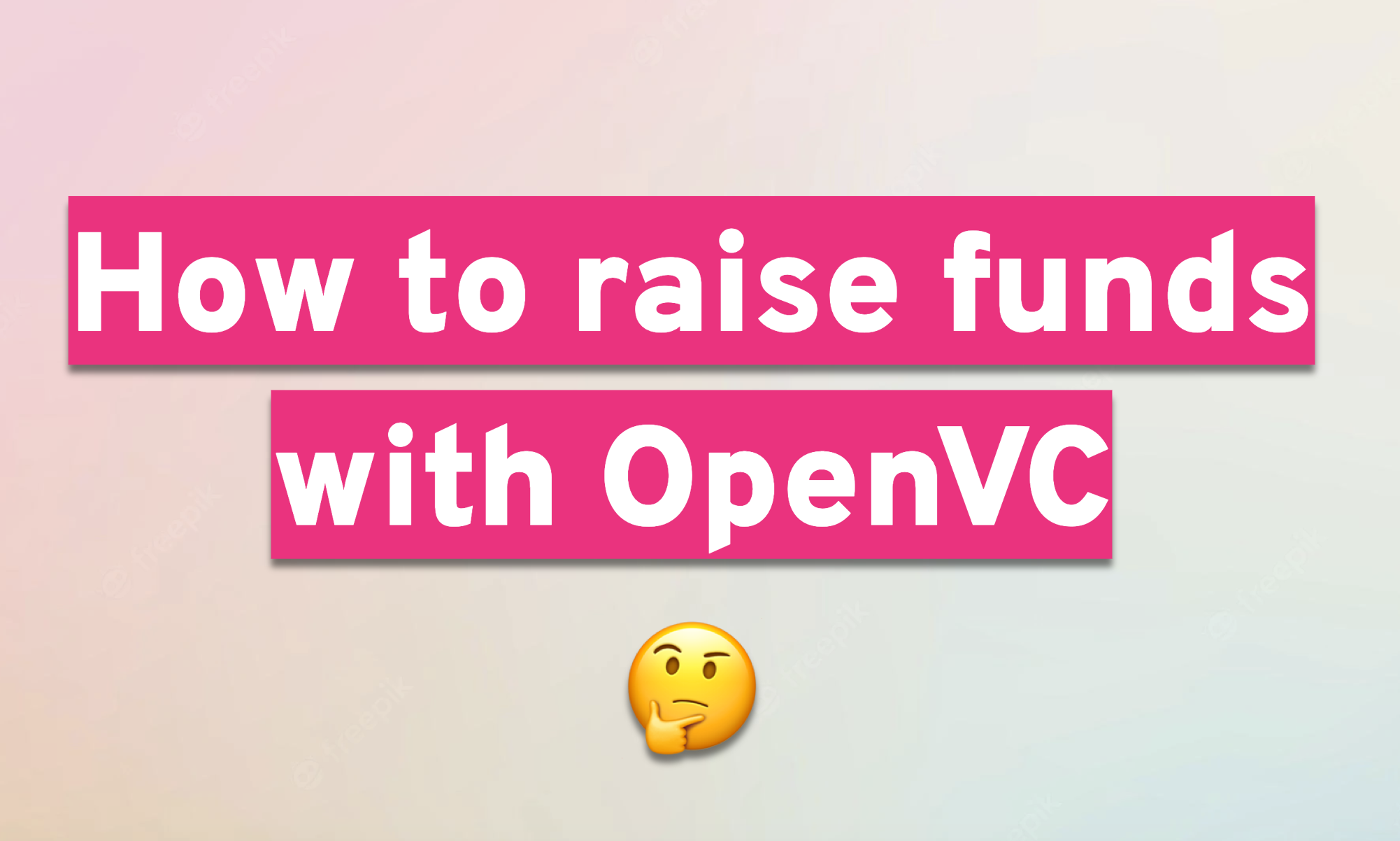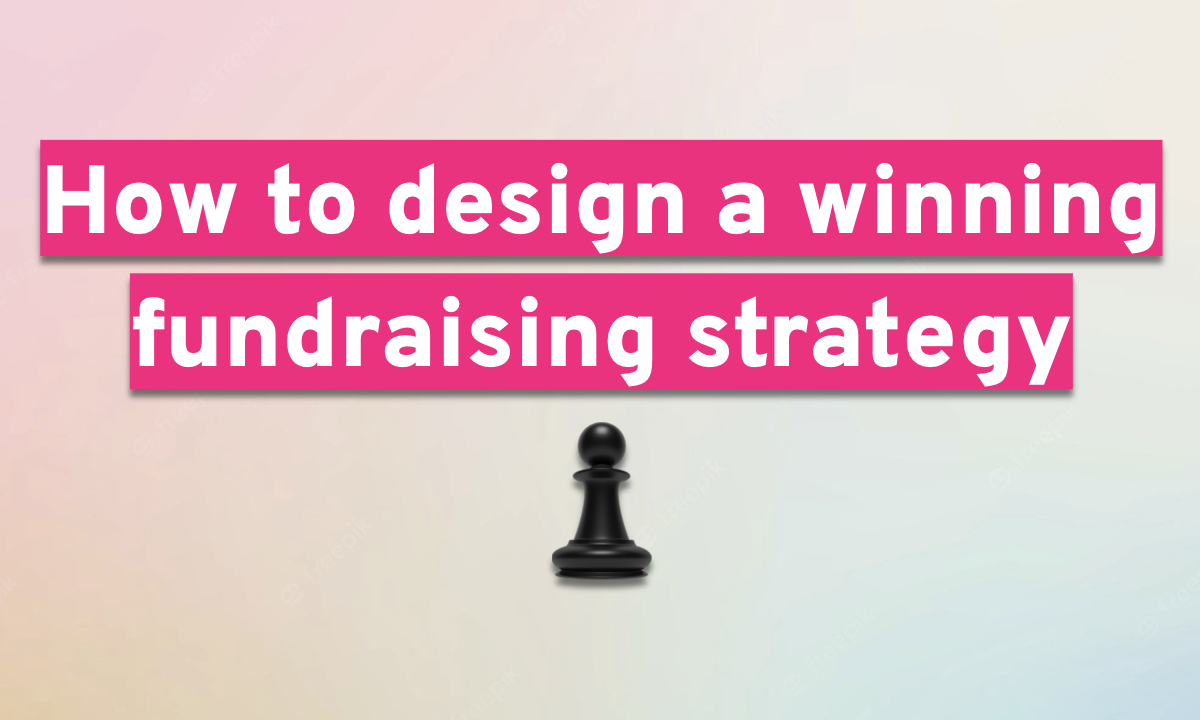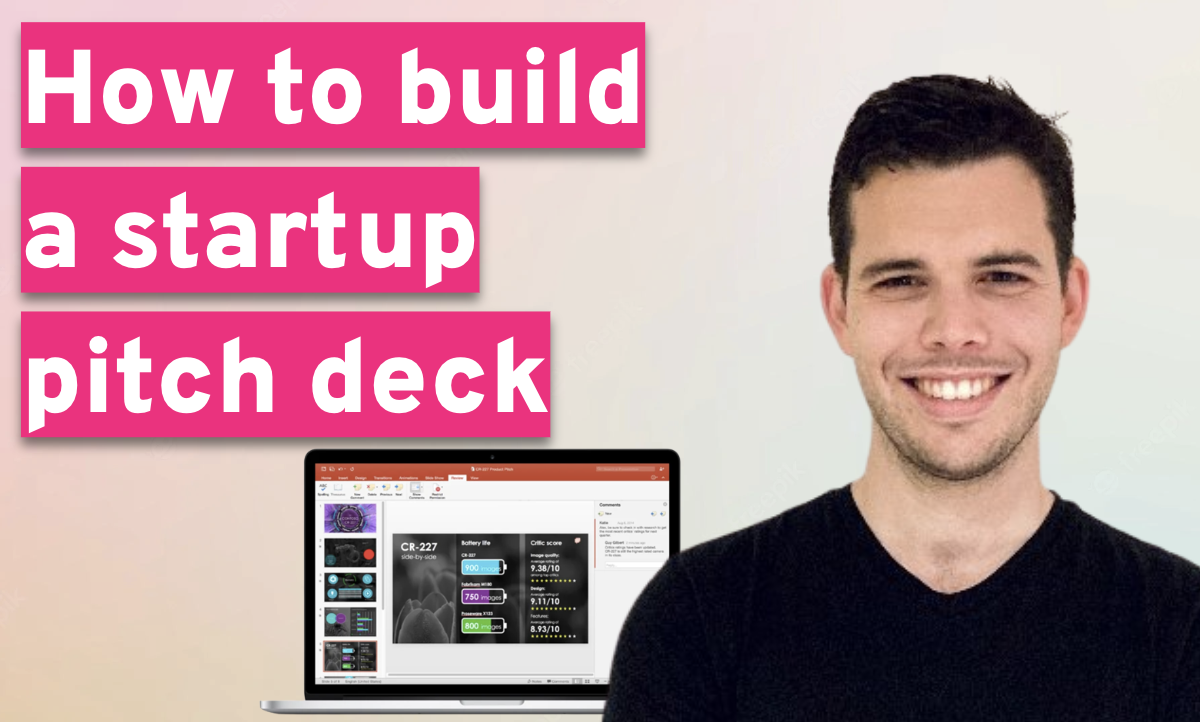Our friends at Sequel just released the world's first study that correlates 17,500 startup pitch decks with actual funding outcomes.
How long should a deck be? Are solo founders a red flag? Does deck design really matter? For the first time, we get a quantified, statistical answer to those questions.
I interviewed Philipp Omenitsch, cofounder and CTO of Sequel to learn more about it. You can download the study here .
Table of Contents
Watch the full interview now
Stephane Nasser: Philipp, thanks for joining. I’m really excited about the new report you and the Sequel team put together on startup pitch decks. For those who haven’t seen it, you’ve matched the actual funding outcomes of startups with their original pitch decks. It’s the first time I’ve seen something like this. Can you start by telling us a bit about yourself, Sequel, and the report?
Philipp Omenitsch: Sure. I’ve been investing in startups for about seven years. At Sequel, we run a digital family office that helps some of the world’s best athletes invest in startups. Early on, we built Pitchleague AI to help founders analyze their decks - but also because we knew we needed data. Over the years we collected 17,500 decks, including not just the funded ones but also the unfunded ones, which makes the dataset unique. A few months ago we decided to dig deeper and see what patterns and insights we could uncover.
The tragic mistake founders make
Stephane: One of the first things that stood out to me in the report is the common mistakes. You mention that many decks are missing something as basic as contact details.
Philipp: Exactly. We were shocked. Thirty-seven percent of decks don’t include an email address, and 54% don’t list a website. That’s insane. As a founder, your deck gets forwarded around - you want investors to be able to contact you immediately. If they can’t, the opportunity might slip away.
Stephane: Right, the pitch deck is basically your landing page for investors. It needs a call to action.
Philipp: Exactly. As an investor, sometimes a deck catches my interest but I’m not fully convinced yet. If the contact info is right there, I might reach out. But if I have to Google, I get distracted - and sometimes I end up never following up.
How long should a deck be?
Stephane: Another classic mistake: decks that are too long. What did the data say about the optimal length?
Philipp: There’s no single perfect number, but we’d recommend somewhere between 11 and 13 slides. Shorter than that and you can’t cover everything. Longer than that and investors won’t read it. Remember, a deck is a teaser. You want to give just enough for investors to start a conversation. On average, we found decks had 16 slides and about 80 words per slide. Less is more.
Solo founders: red flag or not?
Stephane: Let’s talk about solo founders. Many VCs see that as a red flag, but your data suggests it’s more nuanced.
Philipp: True. Solo founders are about 9% less likely to raise - but when they do raise, their rounds are 30% larger on average. One theory is that successful repeat founders often go solo. They’ve built a company before, maybe even had an exit, and now feel confident going it alone.
Stephane: So for first-time founders, being solo is tough. But for experienced founders, it can actually be an advantage.
Philipp: That’s a fair way to put it.
The impact of founder experience
Stephane: Speaking of experience, how much of an edge does startup or exit experience give you?
Philipp: A big one. Founders without startup experience had about a 33% funding rate. With prior startup experience, it jumped to around 50%. And founders with a previous exit raised rounds that were 41% larger on average.
Stephane: Makes sense. If you need surgery, you’d rather go to an experienced surgeon than someone doing their first operation.
Philipp: Exactly. That said, new founders sometimes approach problems in completely fresh ways, which can also lead to big breakthroughs.
Technical vs non-technical founders
Stephane: What about the technical vs. non-technical question? Can non-technical founders succeed?
Philipp: It depends on the business, but the data is clear: nine out of ten funded startups had at least one technical co-founder. So while it’s possible to raise without one, it’s much harder.
Stephane: I like to think of it like opening a restaurant - you need a chef in the kitchen. For a software startup, you need someone who can code.

The strongest signals in a deck
Stephane: Toward the end of your report, you highlight two “master signals” that triple the chances of getting funded. What are they?
Philipp: The first is revenue. If you show actual revenue numbers, you’re 2.3 times more likely to raise at pre-seed. The second is listing your existing investors. That increases your chances 3.2 times at pre-seed, 2.3 times at seed, and even 1.8 times at Series A. Both are extremely strong signals.
Stephane: So the takeaway is: show revenue, show investors.
Does design matter?
Stephane: Last question: does deck design really matter? Some say content is all that counts.
Philipp: If your traction is outstanding, you’ll probably raise no matter what. But design helps. Fundraising is sales, and your deck is the top of the funnel. Our data shows funded startups had decks with 38% higher design scores on average. If design isn’t your skillset, invest a few hundred dollars to make the deck look good. It’s worth it.
Final thoughts
Stephane: Thank you, Philipp. Any last words for founders?
Philipp: The insights we discussed today are just a small slice of what’s in the full report. It’s over 50 pages and packed with data. You can find it at founderfiles.sequel.co. And if you’re raising, I can only recommend OpenVC - it’s a great way to organize your fundraising.
Stephane: Thanks again, Philipp. That was fantastic.
About Philipp
Philipp Omenitsch is the CTO and co-founder at Sequel, where he leads the company’s technical vision and product innovation. With a background at the intersection of fintech and emerging technologies, Philipp has a track record of building platforms that turn complex challenges into simple, scalable solutions.










